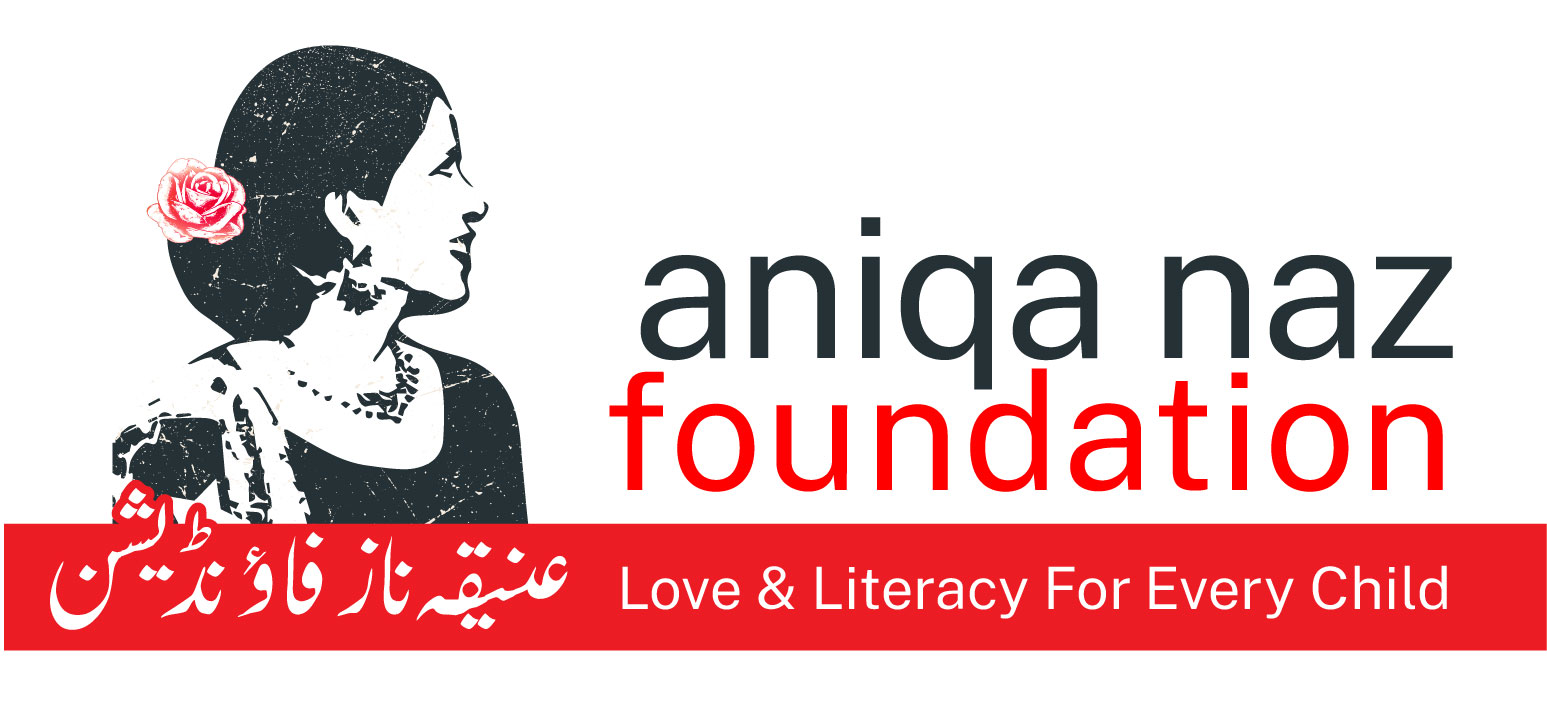Story
Story
Few years back, while working with some American colleagues, I discovered that they were helping their young children learn computer programming. Being a Software Engineer myself, I understood that programming helps build problem solving, creative and critical thinking skills — the skills you need to thrive in any academic subject or aspect of life. So I knew that my colleagues’ children were set to have a successful life. I immediately thought of my nephews and nieces who lived in Pakistan, and had no clue about programming. The idea that they would fall behind any American or Canadian child was — unacceptable to me.
On my next visit to Pakistan, I introduced them to block based programming using Scratch. During the pandemic, we spent a couple more months seriously practicing coding. Soon, they were programming little games, and understood programming controls such as if/then, loops, etc. Most importantly, they enjoyed it and insisted that I give them homework assignments. Imagine children happily and actively creating their own games instead of passively consuming YouTube and video games.
My nephews and niece continued with their programming journey, but what about other Pakistani children? The idea that any Pakistani child would fall behind children of any other country is, once again, unacceptable to me. So something had to be done.
In June, 2020, I ran the first Scratch code camp, that was open to all Pakistani children. And by now, we have worked with close to 100 hundred students. And very recently helped Pakistani students send their code to space. I have also trained teachers at Behbud Secondary school so they can teach Scratch programming to their own students. (Behbud is a school for children from low-income families, and is associated with Behbud foundation.) The journey has just begun.
Many developed (and even under-developed) countries are running various programs to help their children learn the technological skills they will need tomorrow. In Pakistan, we do not have any such program or national plan. Our schools are still busy with scraping through normal subjects and exams. Parents are still obsessing about grades. Any interesting technological education comes with a large fee which many can’t afford. In the meanwhile, world outside our borders is radically changing. With lack of digital literacy, our children are falling behind. And we, their elders, are to be blamed. At Aniqa Naz Foundation, we are trying to fix this and inspire all Pakistani children to learn digital literacy.
Beenish Khan, March 2021
